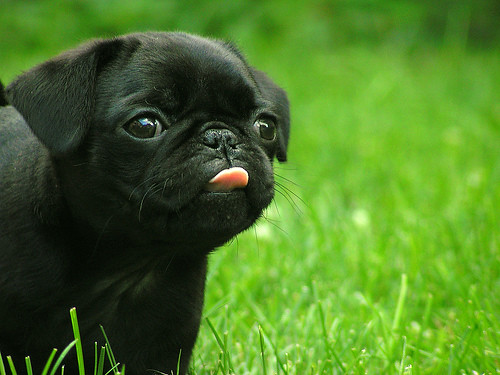1. Mark with an "x" where you feel your target audience currently stands on the issue (before reading/watcing/hearing your argument) below:
←----------------------------------------------------X--------------------------------------------------------->
Strongly Totally neutral Strongly
2. Now mark with an "x" where you feel your target audience should be (after they've read/watched/heard your argument) below:
←-----------------------------X-----------------------|--------------------------------------------------------->
Strongly Totally neutral Strongly
agree disagree
3. Check one (and only one) of the argument types below for your public argument:
_______ My public argument establishes an original pro position on an issue of debate.
___X____ My public argument establishes an original con position on an issue of debate.
_______ My public argument clarifies the causes for a problem that is being debated.
_______ My public argument proposes a solution for a problem that is being debated.
_______ My public argument positively evaluate a specific solution or policy under debate (and clearly identifies the idea I'm supporting).
_______ My public argument openly refutes a specific solution or policy under debate (and clearly identifies the idea I'm refuting).
4. Briefly explain how your public argument doesn’t simply restate information from other sources, but provides original context and insight into the situation:
When I was doing research on the topic of audiobooks for previous projects, I was generally running across the same ideology. I was a little bit tired to seeing such repetitive things so I was trying to brainstorm ways that I would be able to make mine more original. I thought the best way to do this would be to actually test out an audiobook myself and then write about my experience. I thought this was a really great way to share insight and opinion with the reader while seeming credible since I performed the task myself. I do use other sources' information but only in order to support the overarching idea of audiobooks.
5. Identify the specific rhetorical appeals you believe you've employed in your public argument below:
Ethical or credibility-establishing appeals
___X__ Telling personal stories that establish a credible point-of-view
__X___ Referring to credible sources (established journalism, credentialed experts, etc.)
__X___ Employing carefully chosen key words or phrases that demonstrate you are credible (proper terminology, strong but clear vocabulary, etc.)
__X___ Adopting a tone that is inviting and trustworthy rather than distancing or alienating
___X__ Arranging visual elements properly (not employing watermarked images, cropping images carefully, avoiding sloppy presentation)
_____ Establishing your own public image in an inviting way (using an appropriate images of yourself, if you appear on camera dressing in a warm or friendly or professional manner, appearing against a background that’s welcoming or credibility-establishing)
___X__ Sharing any personal expertise you may possess about the subject (your identity as a student in your discipline affords you some authority here)
__X___ Openly acknowledging counterarguments and refuting them intelligently
___X__ Appealing openly to the values and beliefs shared by the audience (remember that the website/platform/YouTube channel your argument is designed for helps determine the kind of audience who will encounter your piece)
_____ Other:
Emotional appeals
__X___ Telling personal stories that create an appropriate emotional impact for the debate
_____ Telling emotionally compelling narratives drawn from history and/or the current culture
___X__ Employing the repetition of key words or phrases that create an appropriate emotional impact
___X__ Employing an appropriate level of formality for the subject matter (through appearance, formatting, style of language, etc.)
___X__ Appropriate use of humor for subject matter, platform/website, audience
_____ Use of “shocking” statistics in order to underline a specific point
___X__ Use of imagery to create an appropriate emotional impact for the debate
___X__ Employing an attractive color palette that sets an appropriate emotional tone (no clashing or ‘ugly’ colors, no overuse of too many variant colors, etc.)
_____ Use of music to create an appropriate emotional impact for the debate
_____ Use of sound effects to create an appropriate emotional impact for the debate
__X__ Employing an engaging and appropriate tone of voice for the debate
_____ Other:
Logical or rational appeals
_____ Using historical records from credible sources in order to establish precedents, trends, or patterns
___X__ Using statistics from credible sources in order to establish precedents, trends, or patterns
_____ Using interviews from stakeholders that help affirm your stance or position
_____ Using expert opinions that help affirm your stance or position
__X___ Effective organization of elements, images, text, etc.
____X_ Clear transitions between different sections of the argument (by using title cards, interstitial music, voiceover, etc.)
__X___ Crafted sequencing of images/text/content in order to make linear arguments
___X__ Intentional emphasis on specific images/text/content in order to strengthen argument
___X__ Careful design of size/color relationships between objects to effectively direct the viewer’s attention/gaze (for visual arguments)
_____ Other:
6. Below, provide us with working hyperlinks to THREE good examples of the genre you've chosen to write in. These examples can come from Blog Post 11.3 or they can be new examples. But they should all come from the same specific website/platformand should demonstrate the conventions for your piece:



